Category: Book of Mormon
-
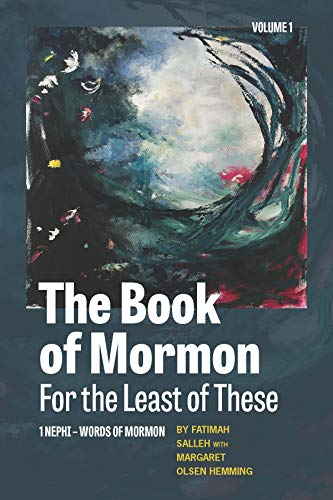
Loving the Book of Mormon Prophets without Accepting Their Prejudices: A Review of “The Book of Mormon for the Least of These, Volume 1”
A while back, a friend sent me an uncomfortable text. She is not a member of the Church of Jesus Christ of Latter-day Saints, but someone had given her daughter the old illustrated Book of Mormon Stories book, and her daughter came across the passage in Second Nephi when Nephi narrates that Laman and Lemuel’s…
-
Daniel Becerra on 3rd and 4th Nephi
Within the Book of Mormon, 3rd and 4th Nephi are arguably some of the most important portions of the book, with their focus on the in-person ministry of Jesus Christ among the children of Lehi and what followed because of that ministry. Daniel Becerra, author of the book 3rd, 4th Nephi: A Brief Theological Introduction,…
-
“You shall obtain a view of them”
What were the three witnesses promised and what did they claim to experience? The basics of answering this question seems obvious—they saw the gold plates and other artifacts related to them. What is less apparent is how the Three Witnesses had that experience, since there are indications that they viewed the plates in vision, rather…
-
Use of the gold plates in Book of Mormon translation accounts
It’s become something of a communis opinio doctorum that Joseph Smith didn’t make use of the gold plates while translating the Book of Mormon.
-
Pondering on Isaiah and the Abrahamic Covenant
For the past few years, I’ve tried to take some time each year to focus in on a specific subject related to the section of scriptures covered in Sunday School. Last year, for example, I tried to scratch the surface of understanding Paul in the New Testament and look at some of how scholars approach…
-
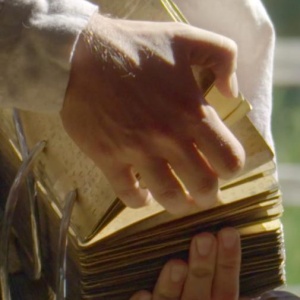
Concealment and divine prohibition in Book of Mormon translation accounts
A common motif in accounts of the translation of the Book of Mormon is how others beside Joseph Smith were forbidden, prevented, or to the contrary permitted to view the gold plates, the interpreters or the translation process.
-
A Soft Closing for the End of the World
Let it be said first off that I am a last days cynic. It’s not that I think many current ideas of apocalypticism are weird (I mean, I don’t just think they’re weird). I just really hate them. This is likely partly due to growing up in the 90’s right when apocalyptic fervor was still…
-
Terryl Givens on 2nd Nephi
Terryl Givens—one of the foremost Latter-day Saint authors, theologians, and apologists of our time—recently penned a short volume on 2nd Nephi as part of the brief theological introductions to the Book of Mormon series the Maxwell Institute has been publishing this year. I wrote a review of the book earlier this year, but recently Kurt…
-
Moroni and Pahoran; Revelation and Humility
The scriptures are replete with examples telling us to seek out personal revelation and use scriptural precedent and principles to guide our decisions. Anyone who has sincerely tried to do this over an extended period of time knows that it is easier said than done. How do we distinguish the guidance of the Spirit from…
-

How the Book of Mormon was translated: a proposal
I propose that there is a continuity of method connecting Joseph Smith’s translations of ancient texts, from the Book of Mormon to his encounter with the Kinderhook plates, and that this method was both expansive and linguistic.
-
Nephi and the Garden Tower: A Children’s Play
This week’s Come, Follow Me lesson covers the story of Nephi praying on a tower in his garden, drawing a crowd, and revealing facts about the murder of the chief judge that he could only know through revelation. As I read the lesson, I felt like the story was highly dramatic! So, for my family,…
-
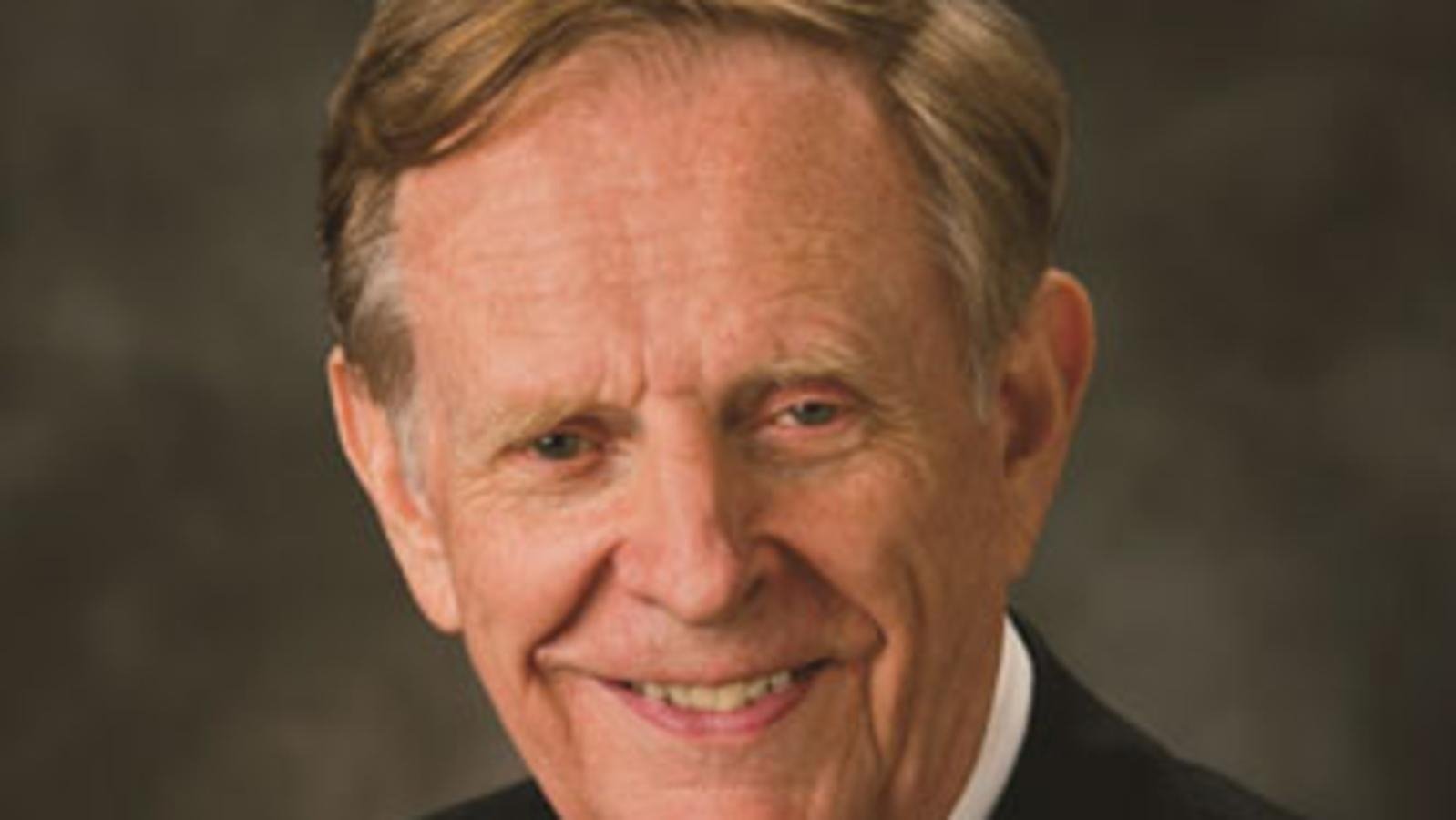
Thoughts on the Gold Plates
We round out the 10 questions interview series on Joseph Smith’s translation with a discussion between Richard L. Bushman and Kurt Manwaring about the gold plates. We’ve had a good run of interviews with scholars who have worked hard to examine the essential historical records surrounding Joseph Smith’s translation projects in order to find a…
-
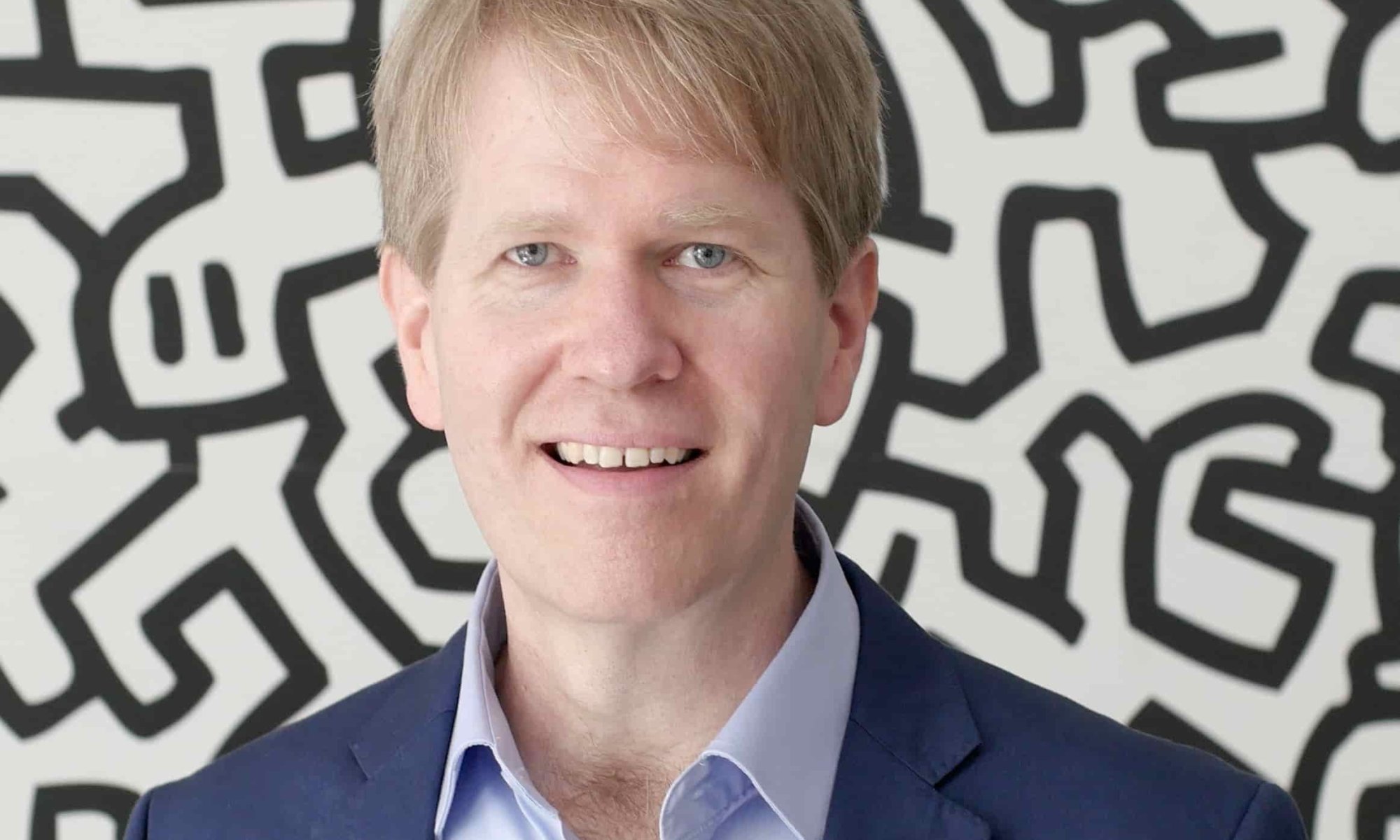
The Metaphysics of Translation
Understanding the nature of Joseph Smith’s translation efforts is an important part of understanding his ministry and the religions that have emerged from the early Latter Day Saint movement. Whether the Book of Mormon, the Joseph Smith Translation of the Bible, the Book of Abraham, or (as some might argue) the temple endowment ceremony, his…
-

A Small and Simple Quote
As I’ve been studying the “Come, Follow Me” material lately and talking about it with family, I’ve had a quote from Michael Crichton’s book Jurassic Park come to mind a few times. There are a few statements in this section of Alma that have brought it to mind. The first is found in Amulek’s words…
-
Notes on Book of Mormon Philology. Vb4. The utility of philology: Jacob and Sherem
Imagining the Book of Mormon as a complex work reflecting numerous steps of compilation and abridgment helps explain some curious features of the encounter with Sherem in Jacob 7.
-
Notes on Book of Mormon Philology. Vb2-3. The utility of philology: Nephite origins
Thinking of the Book of Mormon as the result of a series of textual accretions and combinations might help make sense of how curiously overdetermined the account of Nephite origins is.
-
Notes on Book of Mormon Philology. V.The permissibility and utility of philology for studying the Book of Mormon
Is philological deliberation useful for studying the Book of Mormon? Is it even permitted?
-
Notes on Book of Mormon Philology. IV. The Puzzle of 3 Nephi
Why is 3 Nephi, which records the central event in the history of Nephite salvation and destruction, located between Helaman and 4 Nephi?
-
Notes on Book of Mormon Philology. IIIc. The source structure of the Book of Mormon
If you trace the history of a text from earlier manuscripts to later ones, it’s not unusual for the text to be extended in various ways.
-
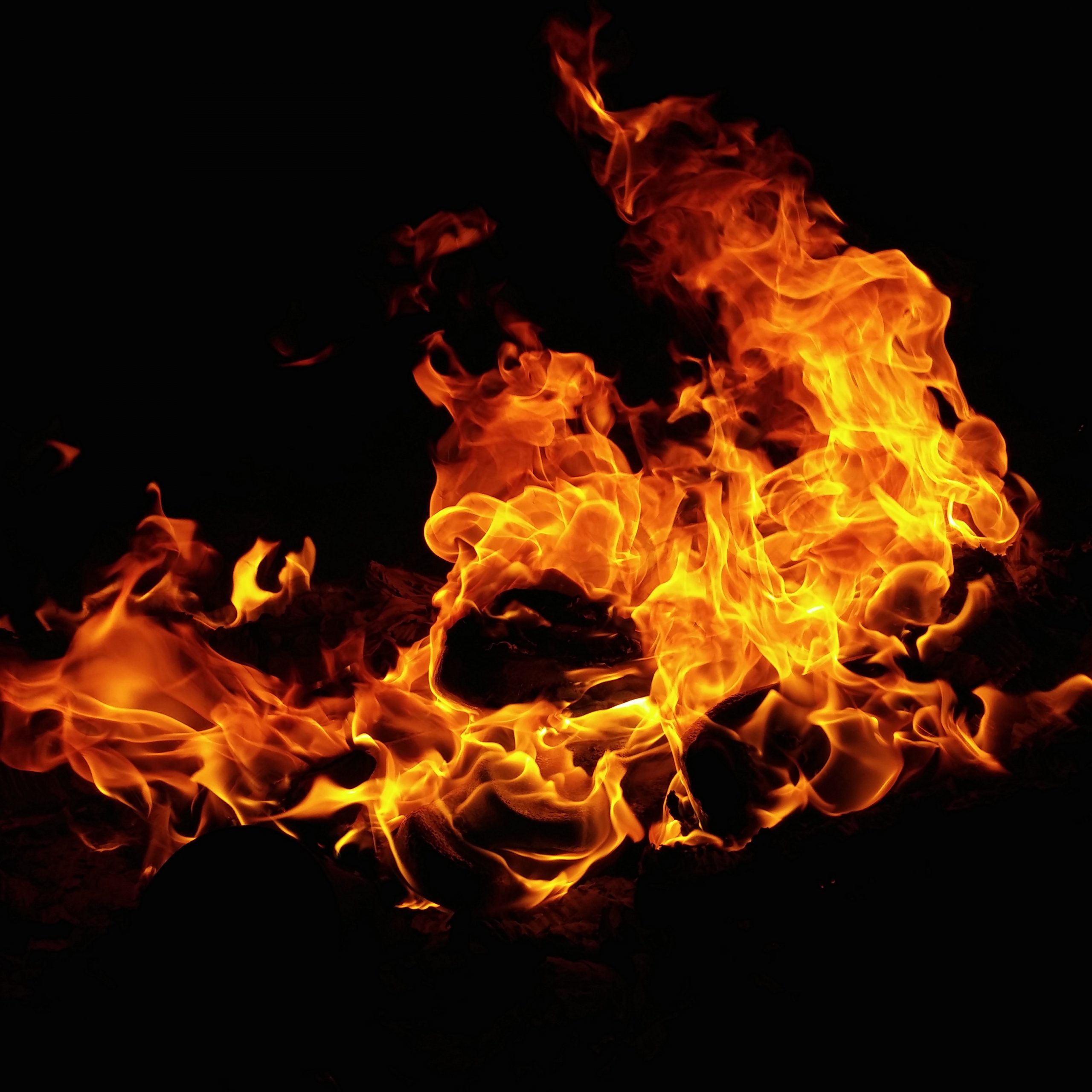
A Lake of Fire and the Problem of Evil
I remember talking to an atheist on the riverfront walk in Dubuque, Iowa one day while serving my mission. He told my companion and me that he couldn’t believe in God after some of the things he had seen, and went on to describe (in a fair amount of gruesome detail) visiting a Catholic church…
-
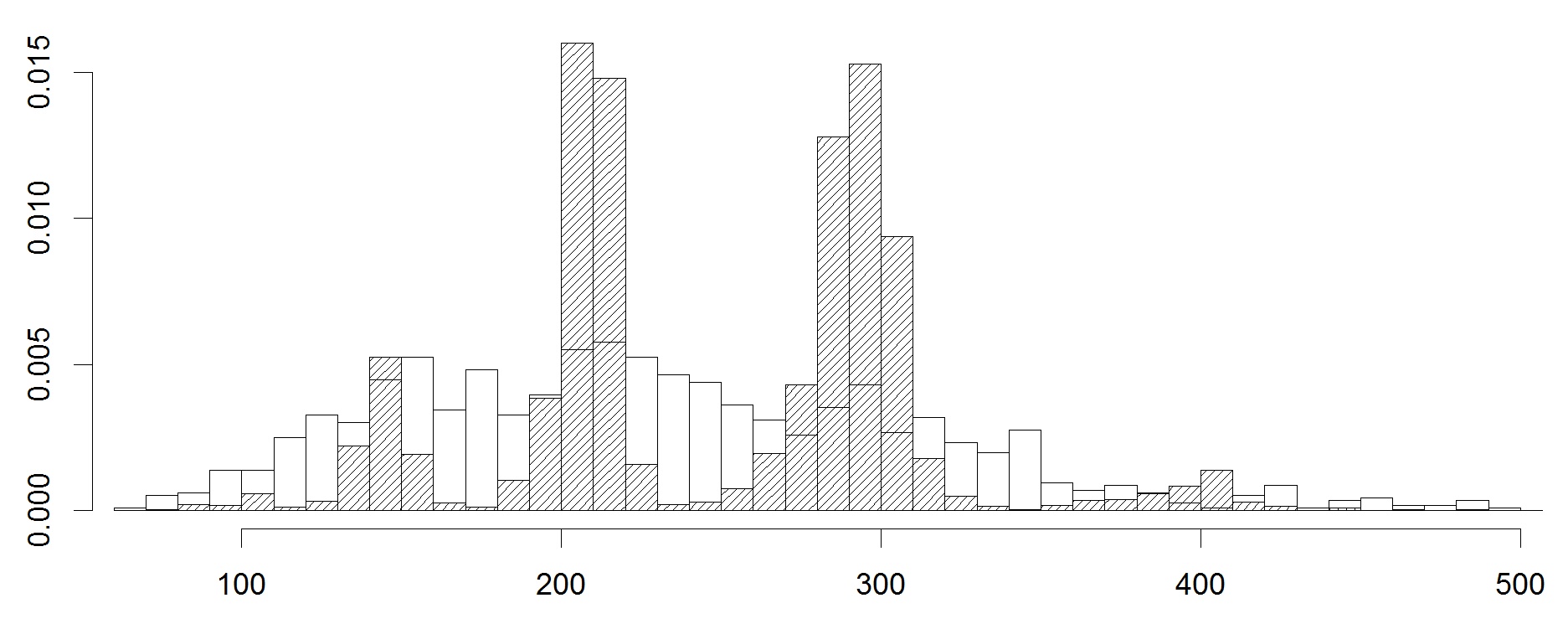
Notes on Book of Mormon Philology. IIIb note 1. A note on the uniformity of the Golden Plates
Mark Ashurst-McGee asks about the uniformity of the Golden Plates in eyewitness accounts, even though they contain both Mormon’s abridgement and Nephi’s small plates, and this is in fact genuinely weird.
-
Notes on Book of Mormon Philology. IIIa. Nephite literacy
Unless someone gets lucky with a spade or a metal detector, the full extent of Mormon’s sources will remain unknown. To keep even tentative answers on the side of plausibility rather than fantasy, how we think about Mormon’s sources should be informed by any information we have about Nephite literacy and textual culture.
-
Notes on Book of Mormon philology. II. What did Mormon know?
The logical place for a philological approach to the Book of Mormon to begin is with Mormon, its eponymous editor, and his sources. How much did Mormon know about the Nephites, and what kind of records did he have to work with?
-
Notes on Book of Mormon philology. The philological instinct
When I look at recent studies of the Book of Mormon, the biggest deficit I see is the lack of instinct for philology.
-
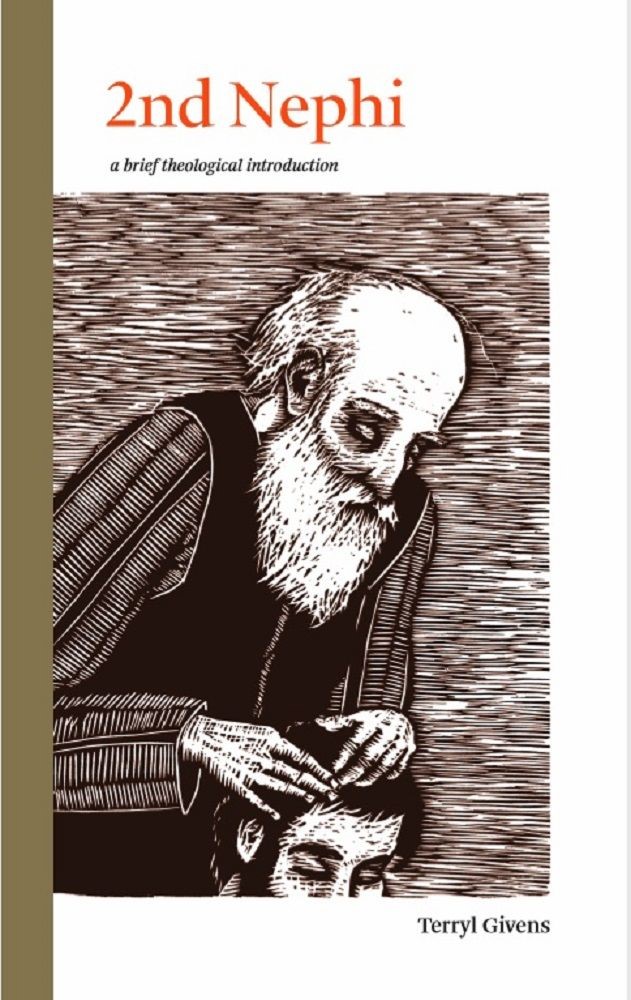
Review: 2nd Nephi: A Brief Theological Introduction
I think one of the most repeated refrains I see in comment threads in the bloggernacle is that our Church meetings generally lack the vibrancy and ability to deeply engage with the scriptures and ideas in ways that can stimulate interest and growth. As Terryl L. Givens put it in a recent interview, “one of…
-
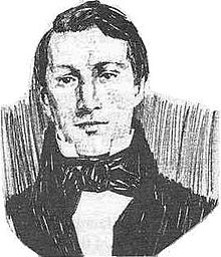
Saving Alvin
How we approach the scriptures affects what we see in them. In other words, our assumptions, our traditions, our cultural baggage that we carry with us as we enter the world of scriptural texts are lenses that give meaning and shape to what we find inside those scriptures. Two approaches that I would like to…
-
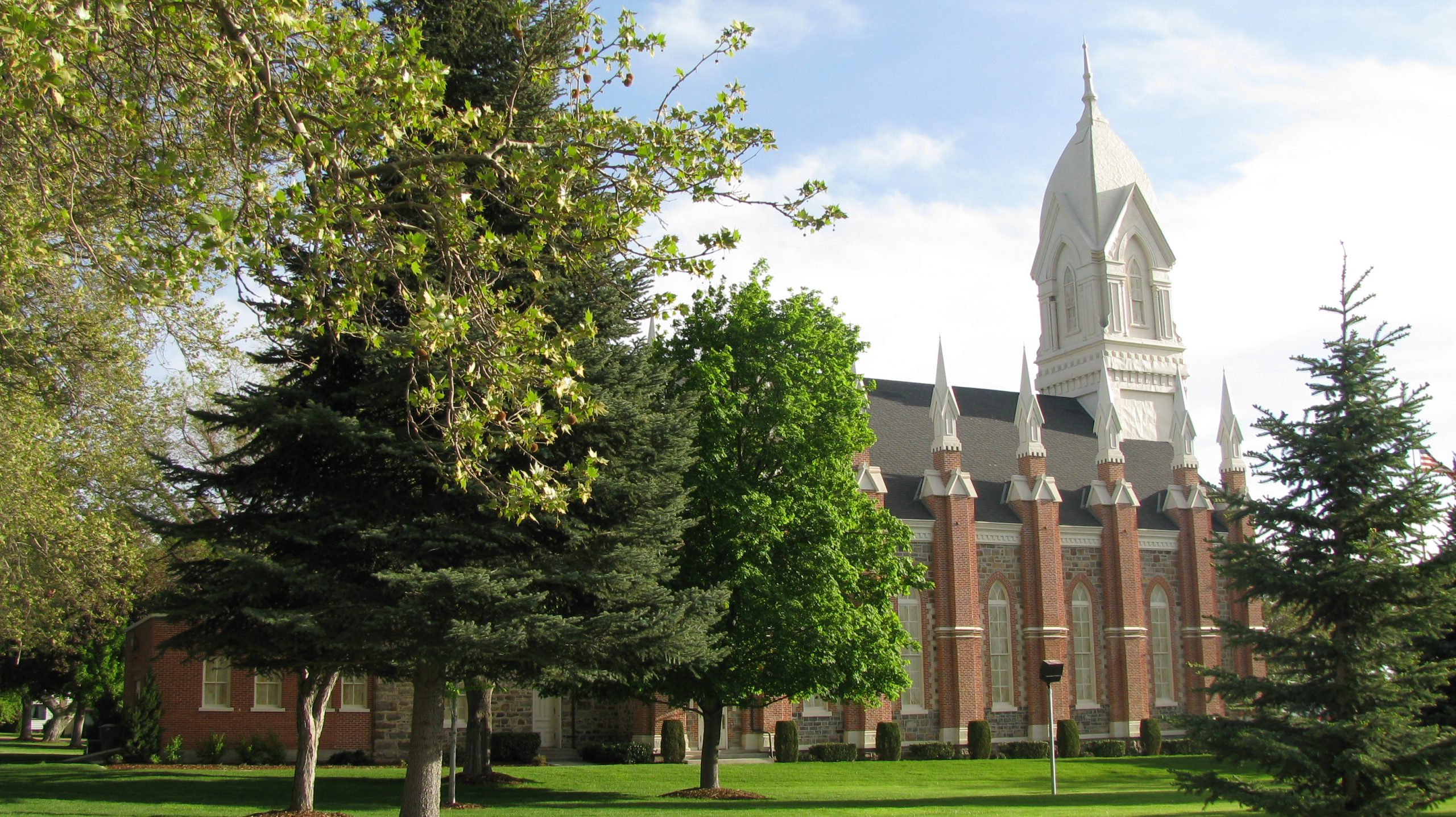
Reflections on Meetings in the Church of Christ
One of my favorite quotes of all time about Mormonism focuses on the concept of Zion. “Zion-building is not preparation for heaven. It is heaven, in embryo. The process of sanctifying disciples of Christ, constituting them into a community of love and harmony, does not qualify individuals for heaven; sanctification and celestial relationality are the…
-
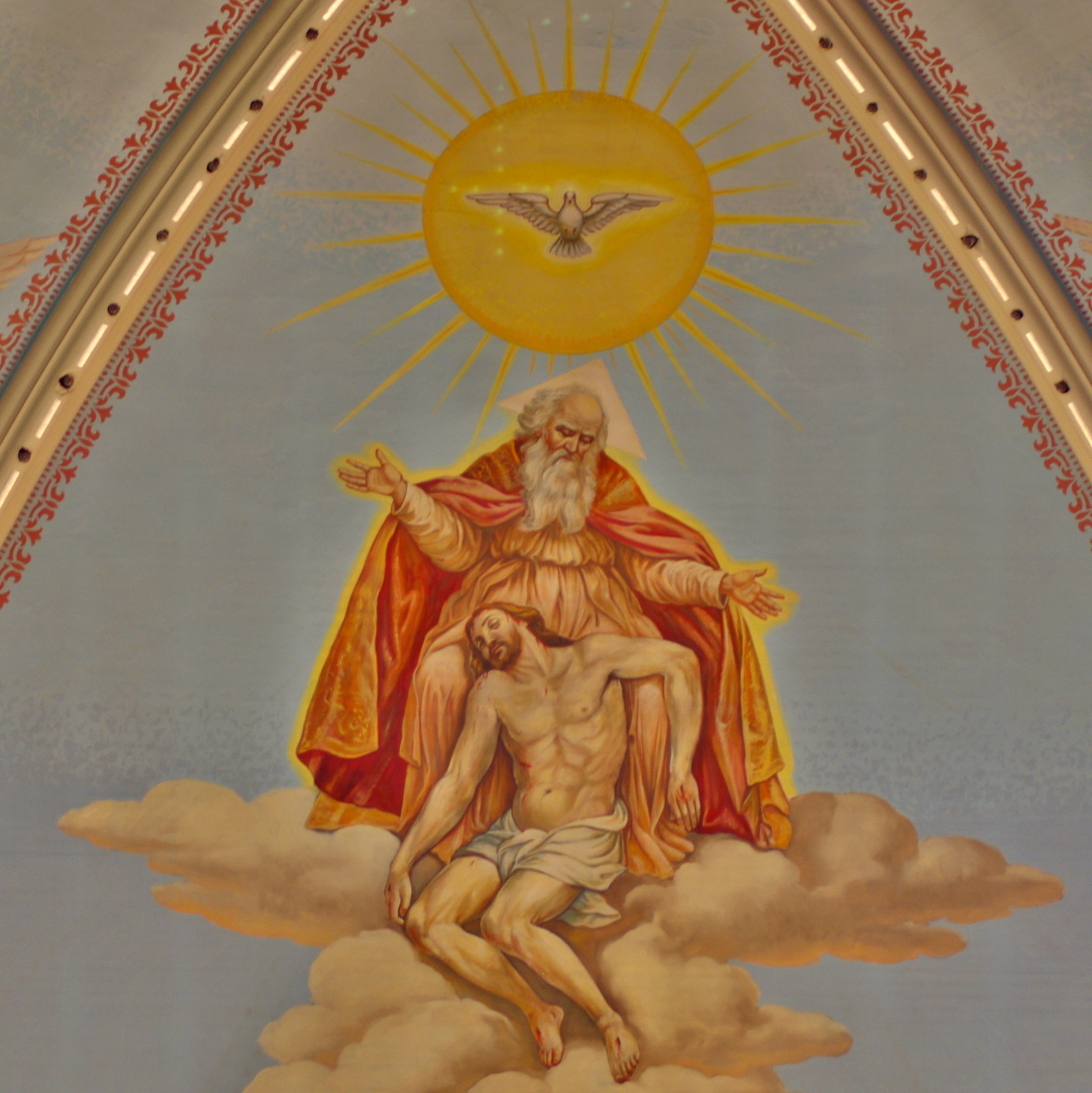
Monotheism and Mormonism
One of the most central and difficult issues of Christian theology is how to fit together a commitment to monotheism with a belief that Jesus is a divine being. While we, as members of the Church of Jesus Christ of Latter-day Saints have resolved some aspects of this in our own ways, we still have…
-
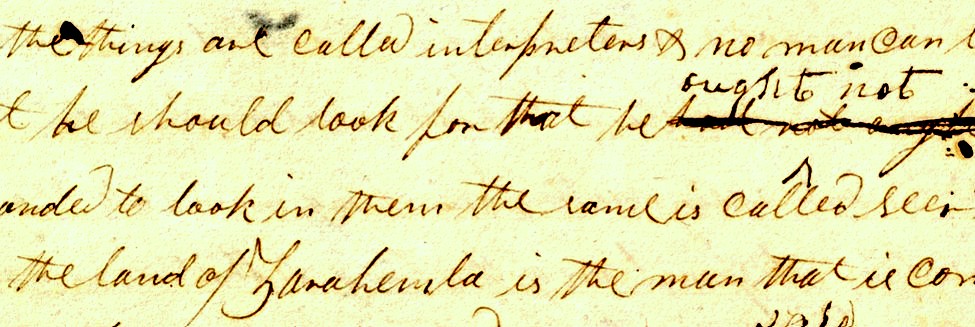
Seer Stones and Grammar
Book of Mormon translation is one of those interesting subjects that is central to the ongoing Book of Mormon wars. As well, to me, one interesting aspect about the Book of Mormon is how self-aware of its own creation it is. For example, in Mosiah 8 (part of this week’s “Come, Follow Me” discussion), there…
-
Review: Buried Treasures: Reading the Book of Mormon Again for the First Time
Michael Austin’s book, Buried Treasures: Reading the Book of Mormon Again for the First Time is a quick, insightful and though-provoking read about the Book of Mormon. The book began its life as a series of blog posts at By Common Consent, documenting some of Austin’s thoughts as he read the Book of Mormon in-depth…
